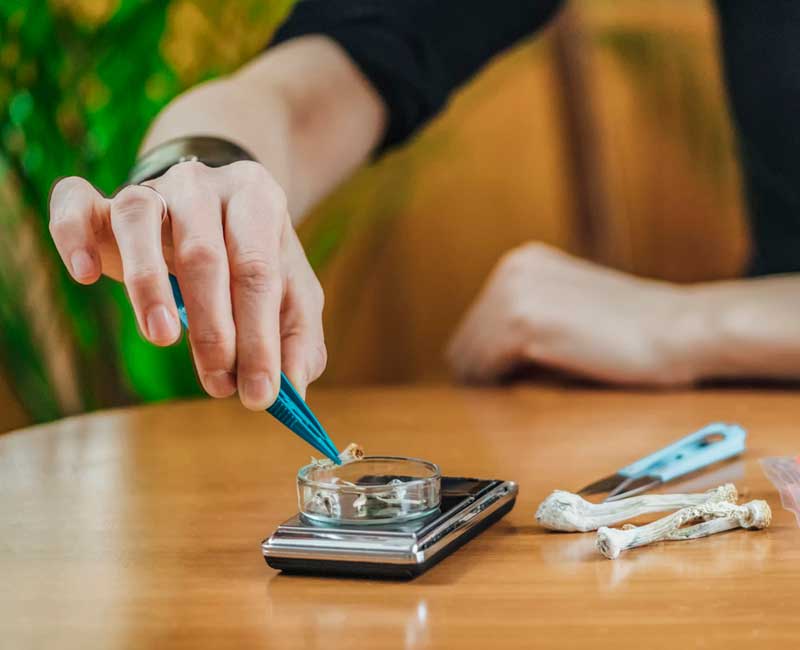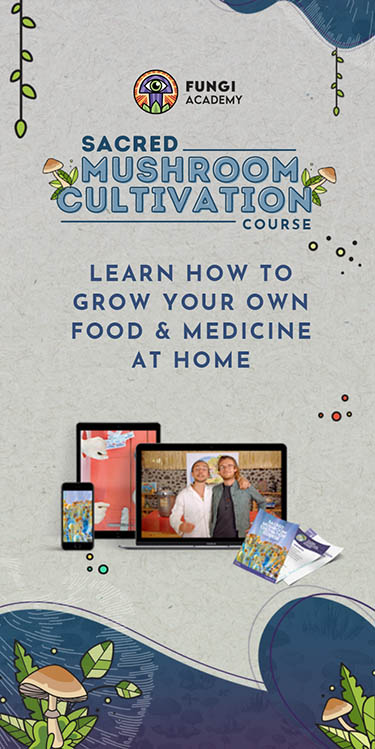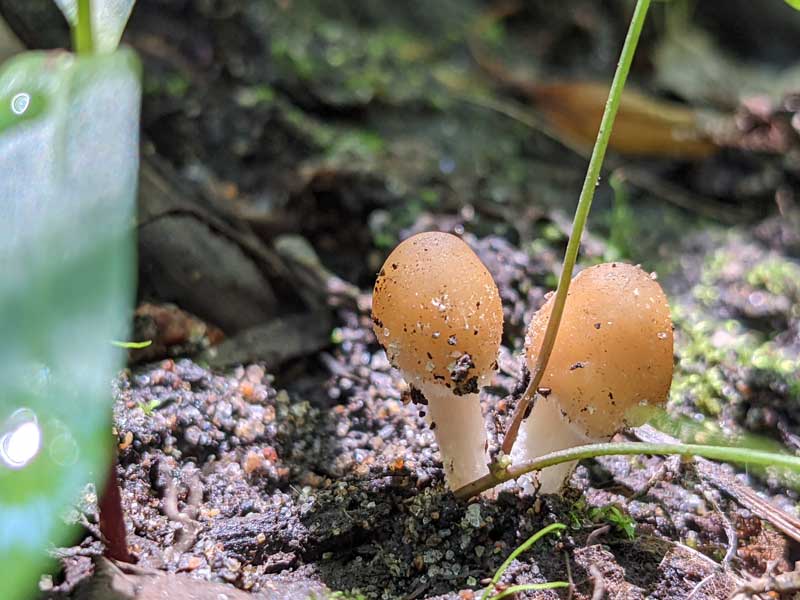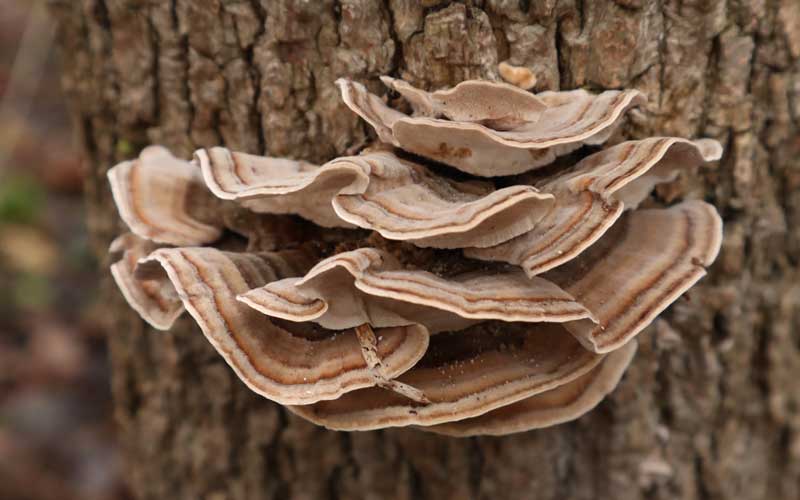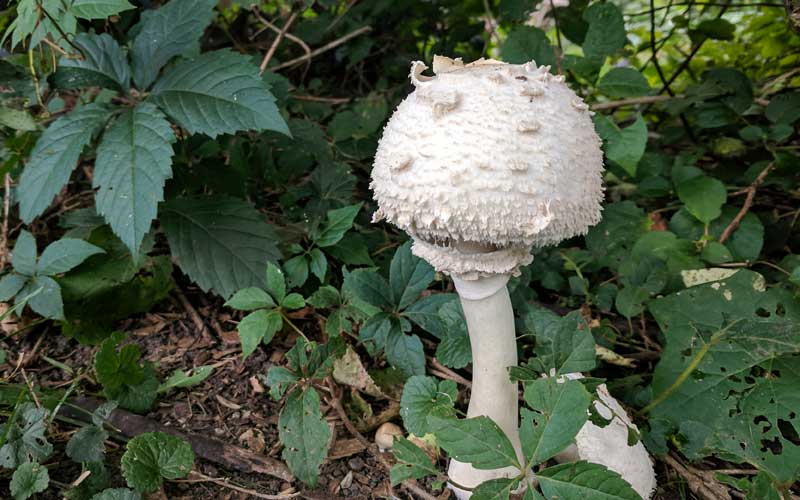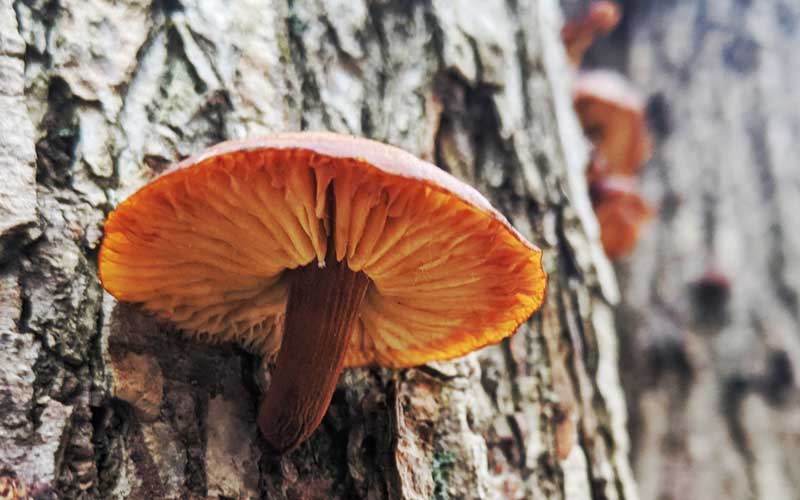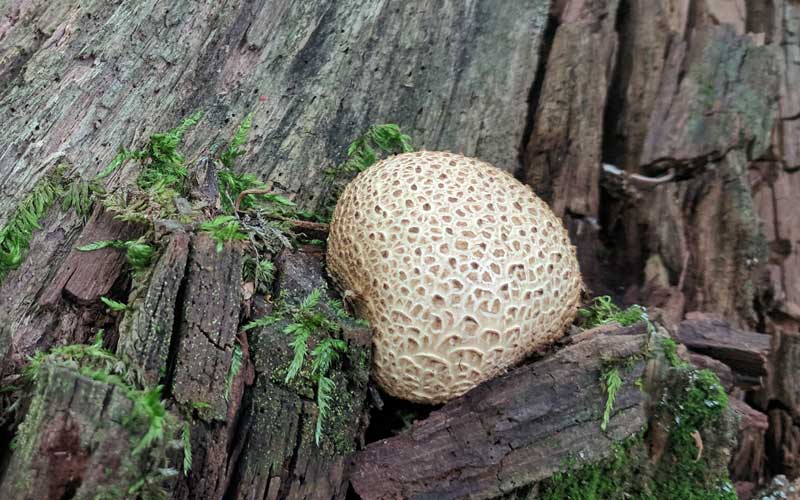- Home
- Magic Mushrooms
- Psychedelic Mushrooms Depression
Are Psychedelic Mushrooms Effective in the Treatment of Depression?

In recent years, there's been a growing interest in the use of natural remedies for mental health, and psychedelic mushrooms are getting more attention than ever before. Long known for their use in traditional cultures, these mushrooms are now being studied for their potential to help treat depression.
It’s exciting to see how the natural world might offer solutions for mental health challenges.
Understanding How Psilocybin Works
Magic mushrooms, especially those from the Psilocybe genus, contain natural compounds like psilocybin and psilocin. These are the chemicals that cause the mind-altering effects of these mushrooms. For centuries, many cultures have used these mushrooms in spiritual practices, believing they help people connect with deeper states of consciousness and emotional healing.
Recent scientific studies have started to confirm what many have long suspected: psilocybin mushrooms may have real benefits for people suffering from depression.
One noteworthy study from Imperial College London found that people with depression that didn’t respond to other treatments showed noticeable improvements after taking part in psilocybin therapy sessions (Carhart-Harris et al., 2016). These sessions, conducted in controlled environments, allowed individuals to explore and work through their emotions, often leading to relief from their depressive symptoms.
Research suggests that psilocybin interacts with serotonin receptors in the brain, which play a big part in mood regulation. Specifically, it impacts the 5-HT2A receptor, which is known to be crucial for mood changes (Vollenweider & Kometer, 2010). It also appears to decrease activity in a part of the brain known as the Default Mode Network, which is often overactive in people with depression and is linked to constant worrying and negative thought patterns.
By lowering this activity, psilocybin may help break the cycle of negative thinking, opening the door to a more positive mindset. Many people find that after taking psilocybin, they feel more connected and emotionally open, suggesting that the mushrooms don't just hide symptoms but may foster a deeper kind of healing.
The Therapy Experience: How Psilocybin Is Used
The method of using psilocybin is just as important as the mushrooms themselves. Treatment typically happens in a controlled setting with psychological support from professionals who guide individuals through the process. This support is crucial because it ensures safety and helps patients make sense of any powerful emotions or insights they might experience during the therapy (Johnson et al., 2008).
While the findings are promising, it’s important to approach this topic carefully. Psilocybin isn’t a one-size-fits-all solution for depression, and it does come with risks. The experiences can be intense and sometimes bring up past traumas or anxiety. That’s why appropriate preparation and support are key elements of the treatment.
Legal issues also pose challenges. In many places, psilocybin mushrooms are still considered illegal, categorized as substances with a high risk for abuse and no recognized medical use. However, attitudes are changing. Recent clinical trials and advocacy are helping shift perceptions, leading some areas to reconsider their legal status and explore regulated medical use.
This field of study is a fascinating blend of ancient wisdom and modern science. As more research unfolds, we may well discover that these natural wonders have significant contributions to make to our understanding and treatment of depression.
The enduring connection between nature and healing is a testament to the potential benefits that psychedelic mushrooms might offer, reminding us of the deep relationship between the earth's bounty and human well-being.
References:
- Carhart-Harris, R. L., Bolstridge, M., Rucker, J., Day, C. M. J., Erritzoe, D., Kaelen, M., Bloomfield, M., Rickard, J. A., Forbes, B., Feilding, A., Taylor, D., Pilling, S., Curran, H. V., & Nutt, D. J. (2016). Psilocybin with psychological support for treatment-resistant depression: an open-label feasibility study. *The Lancet Psychiatry*, 3(7), 619-627.
- Vollenweider, F. X., & Kometer, M. (2010). The neurobiology of psychedelic drugs: implications for the treatment of mood disorders. *Nature Reviews Neuroscience*, 11(9), 642-651.
- Johnson, M. W., Richards, W. A., & Griffiths, R. R. (2008). Human hallucinogen research: guidelines for safety. *Journal of Psychopharmacology*, 22(6), 603-620.
Related Topics:
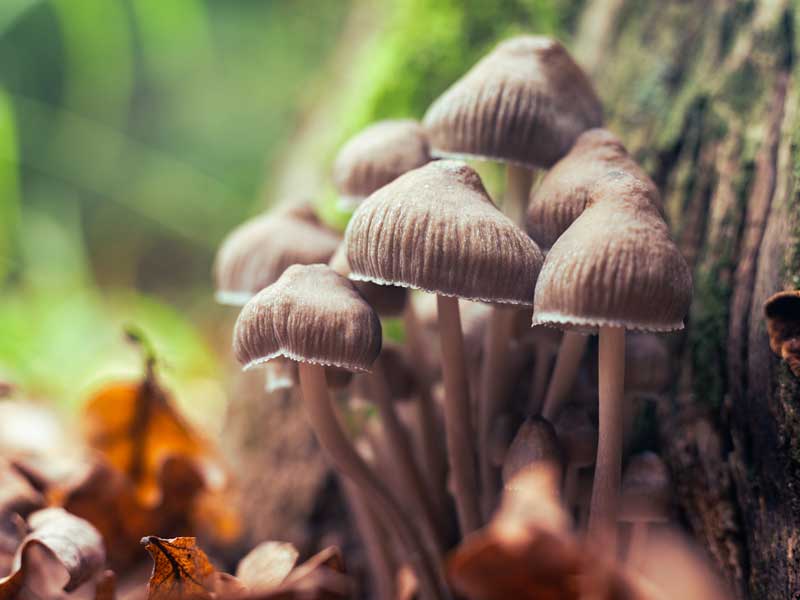
A brief history of magic mushrooms, and how they can improve our lives.
Magic mushrooms have played a role in the spiritual, psychological and mental health of people for millennia. Read the full article...
Micro-dosing magic mushrooms can benefits mood and focus.
Micro-dosing with the psilocybin in magic mushrooms can lift your mood and sharpen your focus. Read the full article...
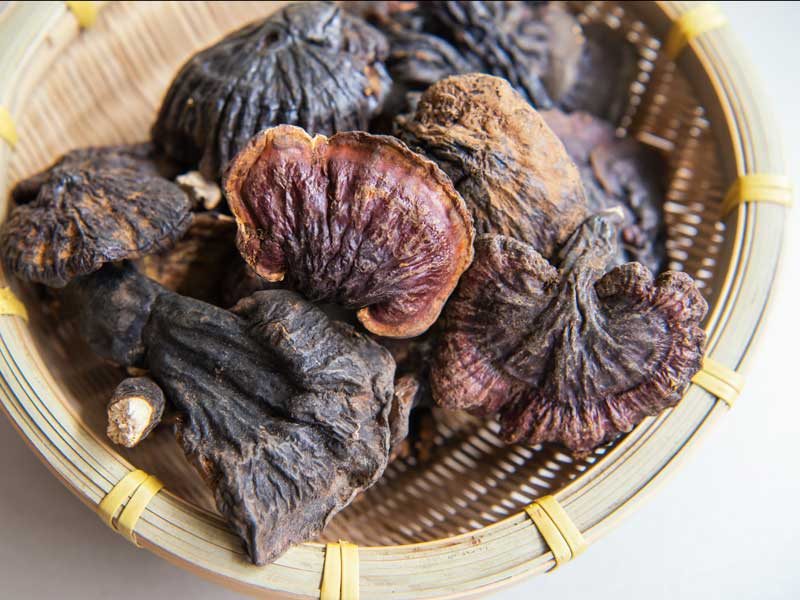
Medicinal mushrooms have been used by healers for thousands of years.
Medicinal mushrooms and fungi offer a variety of health benefits, many of them tied to supporting your natural immune system. Read the full article...
